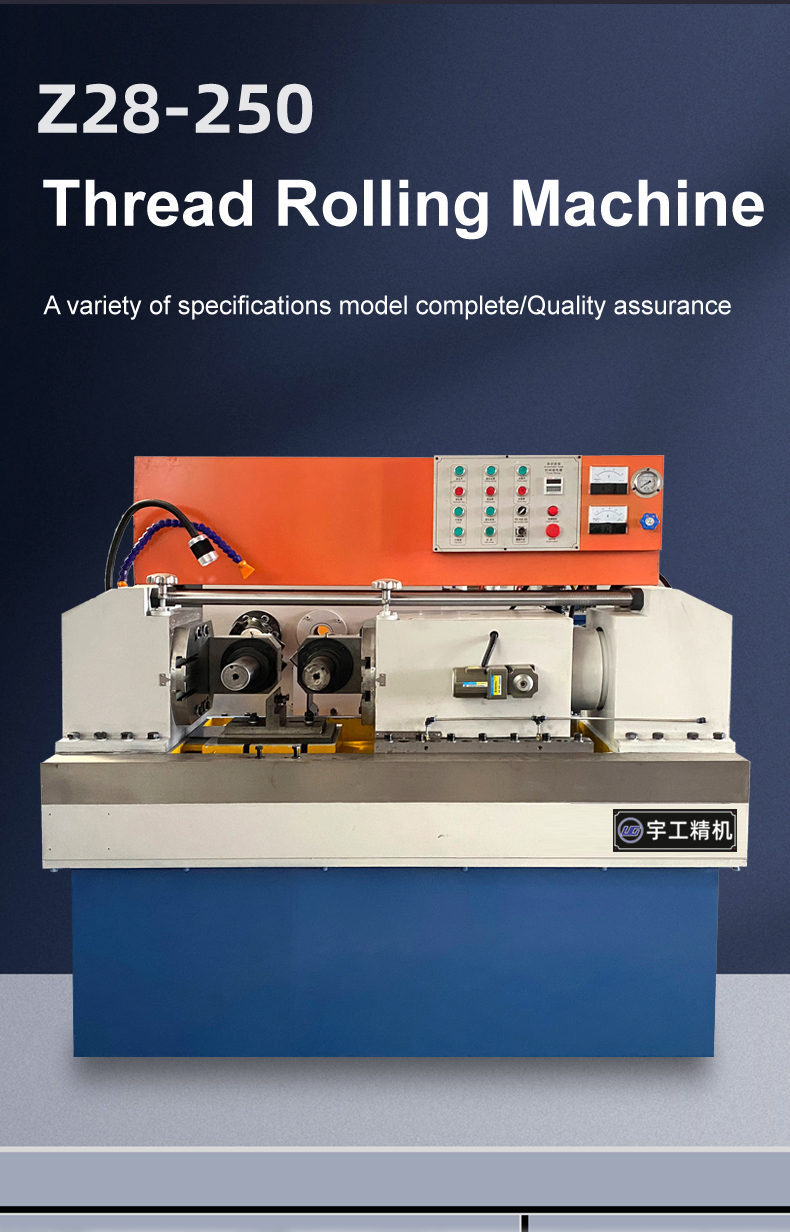
-
 Afrikaans
Afrikaans -
 Albanian
Albanian -
 Amharic
Amharic -
 Arabic
Arabic -
 Armenian
Armenian -
 Azerbaijani
Azerbaijani -
 Basque
Basque -
 Belarusian
Belarusian -
 Bengali
Bengali -
 Bosnian
Bosnian -
 Bulgarian
Bulgarian -
 Catalan
Catalan -
 Cebuano
Cebuano -
 Corsican
Corsican -
 Croatian
Croatian -
 Czech
Czech -
 Danish
Danish -
 Dutch
Dutch -
 English
English -
 Esperanto
Esperanto -
 Estonian
Estonian -
 Finnish
Finnish -
 French
French -
 Frisian
Frisian -
 Galician
Galician -
 Georgian
Georgian -
 German
German -
 Greek
Greek -
 Gujarati
Gujarati -
 Haitian Creole
Haitian Creole -
 hausa
hausa -
 hawaiian
hawaiian -
 Hebrew
Hebrew -
 Hindi
Hindi -
 Miao
Miao -
 Hungarian
Hungarian -
 Icelandic
Icelandic -
 igbo
igbo -
 Indonesian
Indonesian -
 irish
irish -
 Italian
Italian -
 Japanese
Japanese -
 Javanese
Javanese -
 Kannada
Kannada -
 kazakh
kazakh -
 Khmer
Khmer -
 Rwandese
Rwandese -
 Korean
Korean -
 Kurdish
Kurdish -
 Kyrgyz
Kyrgyz -
 Lao
Lao -
 Latin
Latin -
 Latvian
Latvian -
 Lithuanian
Lithuanian -
 Luxembourgish
Luxembourgish -
 Macedonian
Macedonian -
 Malgashi
Malgashi -
 Malay
Malay -
 Malayalam
Malayalam -
 Maltese
Maltese -
 Maori
Maori -
 Marathi
Marathi -
 Mongolian
Mongolian -
 Myanmar
Myanmar -
 Nepali
Nepali -
 Norwegian
Norwegian -
 Norwegian
Norwegian -
 Occitan
Occitan -
 Pashto
Pashto -
 Persian
Persian -
 Polish
Polish -
 Portuguese
Portuguese -
 Punjabi
Punjabi -
 Romanian
Romanian -
 Russian
Russian -
 Samoan
Samoan -
 Scottish Gaelic
Scottish Gaelic -
 Serbian
Serbian -
 Sesotho
Sesotho -
 Shona
Shona -
 Sindhi
Sindhi -
 Sinhala
Sinhala -
 Slovak
Slovak -
 Slovenian
Slovenian -
 Somali
Somali -
 Spanish
Spanish -
 Sundanese
Sundanese -
 Swahili
Swahili -
 Swedish
Swedish -
 Tagalog
Tagalog -
 Tajik
Tajik -
 Tamil
Tamil -
 Tatar
Tatar -
 Telugu
Telugu -
 Thai
Thai -
 Turkish
Turkish -
 Turkmen
Turkmen -
 Ukrainian
Ukrainian -
 Urdu
Urdu -
 Uighur
Uighur -
 Uzbek
Uzbek -
 Vietnamese
Vietnamese -
 Welsh
Welsh -
 Bantu
Bantu -
 Yiddish
Yiddish -
 Yoruba
Yoruba -
 Zulu
Zulu
CE Certified Steel Thread Rolling Machines for Precision Manufacturing and Enhanced Performance Solutions
CE Certification for Steel Thread Rolling Machines Ensuring Safety and Quality in Manufacturing
In the ever-evolving landscape of industrial manufacturing, safety and quality are paramount, especially when it comes to machines that produce critical components like steel threads. One of the most significant standards that manufacturers must adhere to is the CE (Conformité Européenne) certification. This certification is a testament to a machine's compliance with European health, safety, and environmental protection standards. For steel thread rolling machines, achieving CE certification not only enhances marketability but also assures users of safety, reliability, and quality.
Understanding Steel Thread Rolling Machines
Steel thread rolling machines are specialized equipment used primarily in the manufacturing of threaded rods, screws, and other fasteners. These machines work by deforming steel into the desired shape using high pressure, which creates threads with excellent accuracy. The automotive, construction, and aerospace industries, among others, rely heavily on these components to ensure the integrity and functionality of their products.
The Importance of CE Certification
Obtaining CE certification is crucial for manufacturers of steel thread rolling machines who wish to market their products in Europe. This certification demonstrates that the equipment meets EU safety requirements and has undergone rigorous testing to ensure its performance. The CE mark is not just a logo; it signifies quality and reliability in the eyes of consumers and regulatory bodies.
Key Benefits of CE Certification
1. Market Access The CE certification is often a requirement for selling products in European markets. Without it, manufacturers may face significant barriers to entry. This certification not only opens doors to EU markets but can also enhance credibility with customers worldwide.
2. Safety Assurance Safety is a critical concern in the manufacturing industry. CE certification ensures that the steel thread rolling machine adheres to strict safety standards, reducing the risk of accidents and injuries in the workplace. This focus on safety helps to foster a culture of responsibility and care among manufacturers and operators alike.
3. Quality Control The process of obtaining CE certification involves extensive assessments and audits, which help manufacturers to improve their production processes and quality control systems. This can lead to enhancements in product quality, ensuring that the steel threads produced are consistent and reliable.
ce certification steel thread rolling machine

4. Environmental Compliance CE certification also requires compliance with environmental standards, promoting sustainable manufacturing practices. This is increasingly important in today's market, as consumers and businesses are becoming more aware of environmental impacts and demand greener products.
The Certification Process
The process of obtaining CE certification for steel thread rolling machines typically involves several steps
1. Risk Assessment Manufacturers must conduct a thorough risk assessment to identify potential hazards associated with the operation of the machine.
2. Compliance with Directives It is essential to ensure that the machine meets relevant EU directives, such as the Machinery Directive and the Low Voltage Directive.
3. Technical Documentation Manufacturers are required to compile technical documentation that describes the construction, operation, and intended use of the machine.
4. Testing and Certification Body Often, an independent certification body will need to test the machine to verify compliance with the applicable standards. Once satisfied, they will issue the CE certification.
5. Affixing the CE Mark After all the necessary steps have been completed, the manufacturer can affix the CE mark to the machine, signaling its compliance.
Conclusion
CE certification for steel thread rolling machines is a vital aspect of modern manufacturing that ensures safety, quality, and market access. The rigorous standards set by the EU not only protect users but also drive manufacturers to improve their processes and products continuously. In a competitive landscape, CE certification can be a distinguishing factor that enhances a manufacturer’s reputation and consumer trust. As industries worldwide continue to focus on safety and quality, CE certification will remain a cornerstone of compliance in the manufacturing sector.
